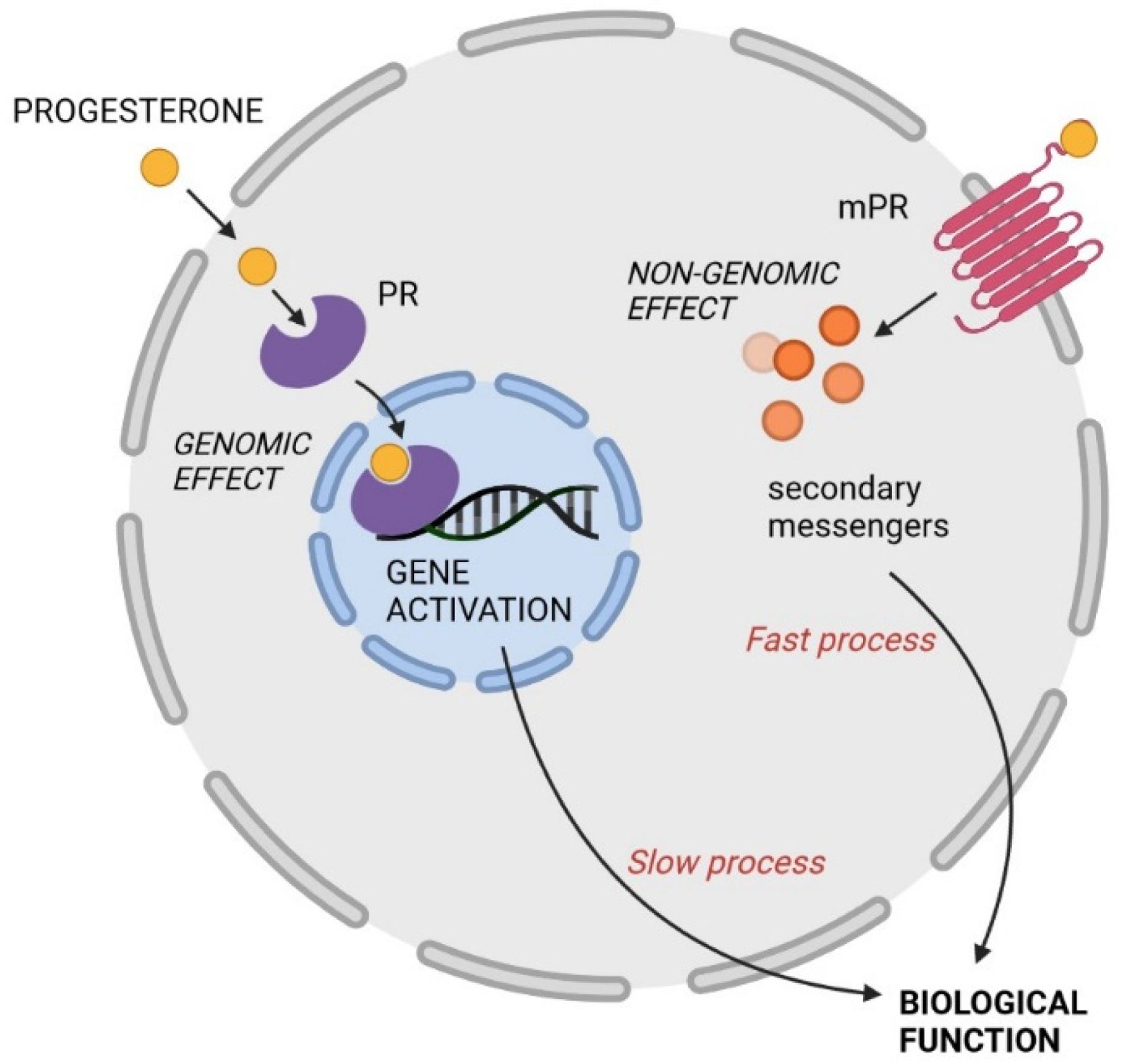Inositol, also known as vitamin B8, plays an important role in the biochemical processes of the human body.
This nutrient is involved in nerve signal transmission, blood sugar control, and metabolism. Additionally, inositol is important for mental health, stress management, and the overall condition of cell membranes.
By functioning as a secondary messenger in insulin action, inositol aids in fat processing and maintaining membrane structure.
Furthermore, it is essential for cell growth and development, especially in the nervous system.

Health Benefits
Polycystic Ovary Syndrome (PCOS). Studies show that myo-inositol may improve metabolic parameters in women with PCOS.
Serotonin Levels. It may help improve mood and reduce anxiety, which is related to its influence on serotonin receptors.
Weight Loss. Some studies suggest that inositol may assist in weight management, especially in people with insulin resistance.
Used in the Treatment of Mental Disorders. It may be effective in treating conditions related to anxiety and depression.
Blood Sugar Levels. It may enhance insulin sensitivity and contribute to more stable glucose levels.
Premenstrual Syndrome (PMS) Symptoms. Studies indicate that it may help alleviate emotional and physical symptoms of PMS.
Lipid Metabolism. It is involved in fat metabolism and may help regulate cholesterol levels.
Sleep Quality. Some studies show that it may promote improved sleep and reduce insomnia.
Fighting Phobias. Research indicates that it may reduce symptoms of panic attacks and other anxiety disorders.
Daily Requirement and Sources of Inositol
The daily requirement for inositol in adults is approximately 500 mg, although specific recommendations may vary depending on an individual’s health condition and lifestyle.
Inositol is not considered an essential nutrient, as it is synthesized in the human body from glucose.
Natural sources of inositol include:
Natural sources of inositol suitable for a keto diet include:
- Beef liver;
- Eggs;
- Nuts and seeds;
- Avocado.
Possible forms and their learnability
Nutrient forms are listed from best to worst:
Options on iHerb:
Options on iHerb:
Health Consequences of Inositol Deficiency
Inositol deficiency can rarely lead to various health issues. These include neurological disorders such as anxiety, depression, and sleep problems.
Additionally, a lack of inositol may affect reproductive function, particularly in women with polycystic ovary syndrome (PCOS), where inositol is used to improve fertility and reduce insulin resistance.
Symptoms of deficiency may be nonspecific, complicating diagnosis without a thorough medical evaluation.
Possible Risks of Excessive Inositol Consumption
The most common risks associated with high doses of inositol are gastrointestinal disorders, including nausea, diarrhea, and bloating.
Interesting Facts about Inositol
Inositol is not a vitamin but a sugar alcohol. Although inositol is sometimes referred to as vitamin B8, it is not actually a vitamin, as the body can synthesize it on its own.
There are several forms of inositol. The most common are myo-inositol and D-chiro-inositol, which have different functions in the body.
Hair Health. It is often used in shampoos and conditioners, as it helps strengthen hair and improve its condition.






























